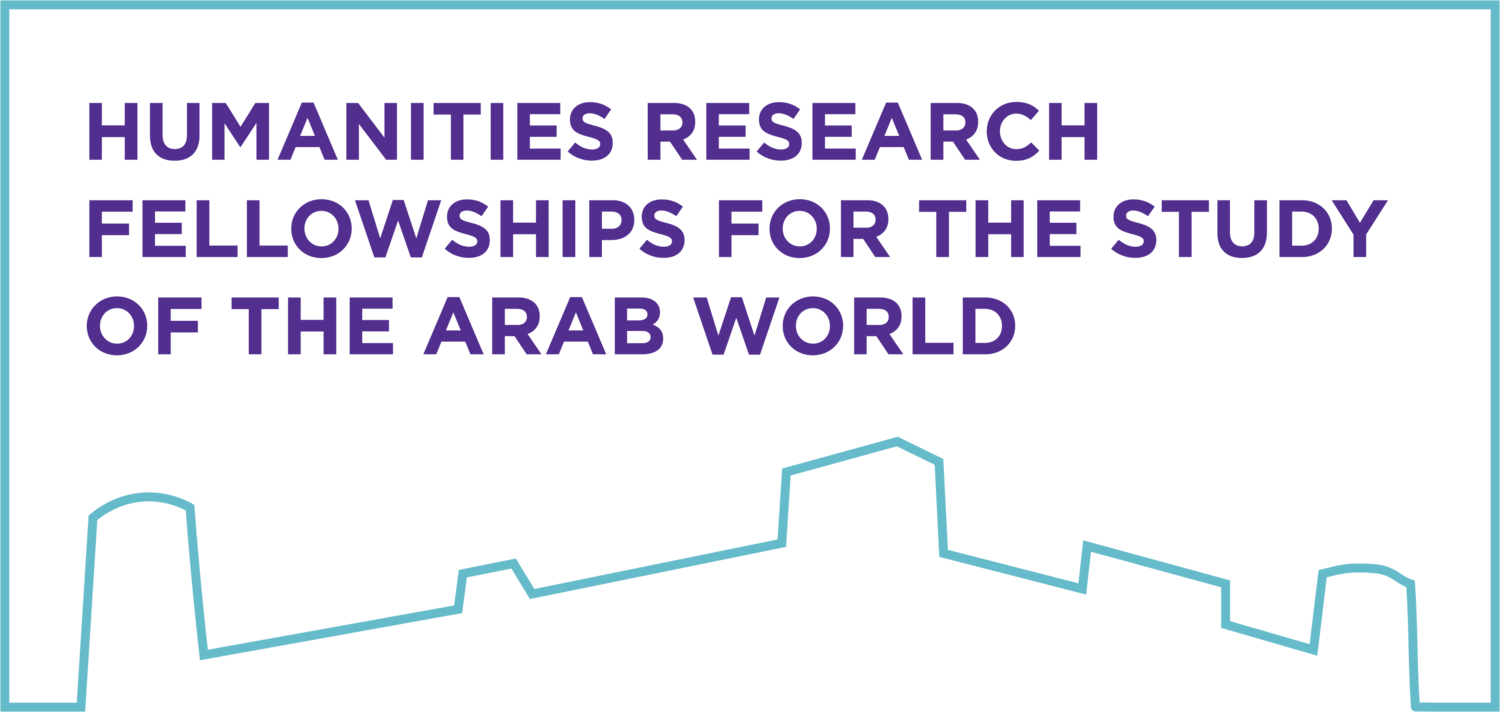A scene plays out across the liberation imaginaries of 1960s art worlds. Teachers and students smash the plaster casts of the “models” granted to them by colonial occupiers and break the frames of academic oil painting. In Algiers, this destructive work came as a terrible collaboration with the occupying French military, which in the final years of the Algerian War for independence took back French art and bombed the museum. Henceforth, the FLN took responsibility for (re)filling the building with revolutionary displays. In Damascus, the effort took a conceptual guise as teachers returned from study in Italy and Eastern Europe and, under the sponsorship of a newly powerful Ba’th Party, announced plans to write an all-new experimental curriculum based on Bauhaus-style sensory exercises. In this talk, Anneka Lenssen introduces aspects of her research on how, exactly, artist-pedagogues set about repairing mind-body relationships following dramatic breaks with academic convention. Once makers claim to abandon the curricular standards of a bygone colonial era, what is made? With what materials, forming what sensibilities? And for what audience? Using examples from Syria and Algeria, with reference to other pedagogical initiatives from ex-colonial settings, Lenssen examines the place of the art school—-a site of both praxis and proclamation—-in several different collective efforts to realize a future free society by accommodating a fuller spectrum of creative practices and sensory perceptions. Which subjects and abilities were allotted space to survive, which were not, and how might we understand the stakes of such thwarted projects today?
Speakers
Anneka Lenssen, Senior Humanities Research Fellow, NYUAD
Moderated by
Tina Sherwell, Visiting Assistant Professor of Art and Art History, NYUAD

